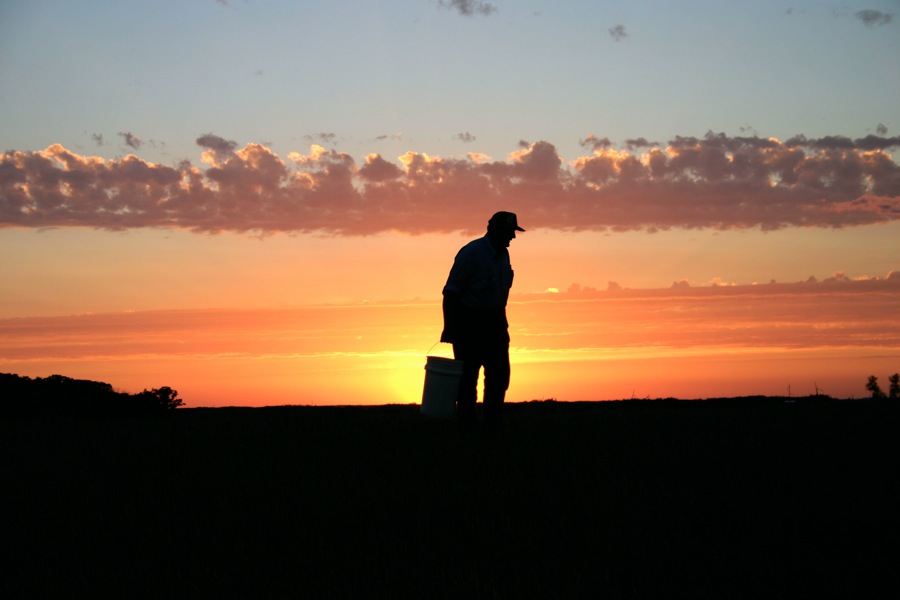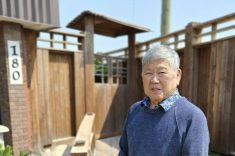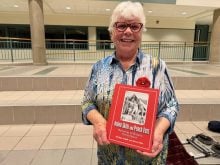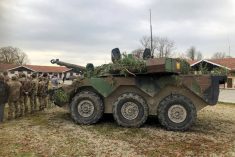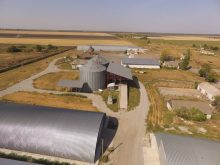Remembrance Day came early for Canadians this year.
A full century since the start of the First World War, the events of Oct. 20 and 22 which claimed the lives of Canadian servicemen Patrice Vincent and Nathan Cirillo became painful reminders that war is not something we can relegate to our society’s fading collective memory. Nor can we continue harbouring the delusion that it is something that only happens in far-off lands.
These murders were acts of war, perpetrated by individuals who — for complex reasons — had subscribed to an ideology of hate. And they brought the problems of the world, in all their complexities, to our country’s front door — the entrance to our Parliament buildings.
Read Also
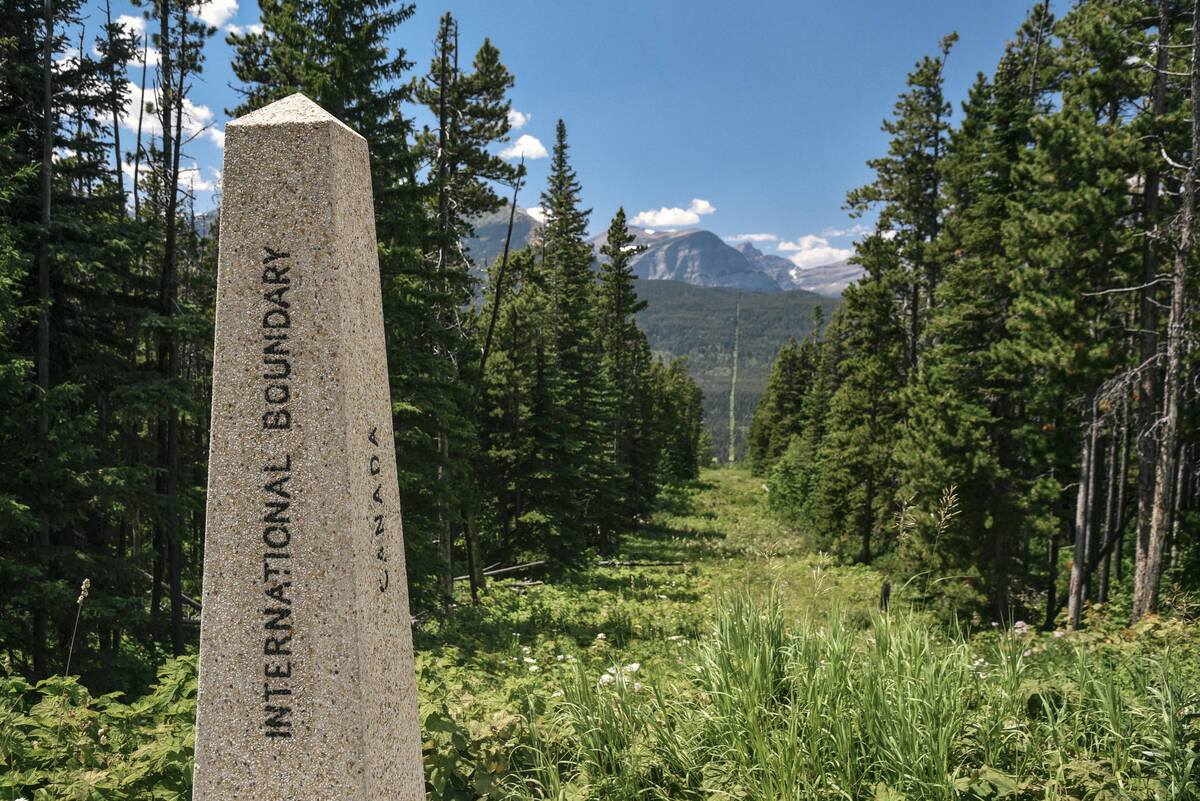
Trade uncertainty is back on the Canadian national menu
Even if CUSMA-compliant goods remain exempt from Trump’s new tariffs for now, trade risk for farmers has not disappeared, Sylvain Charlebois warns.
As we grieve for the families affected, let’s not forget the many Canadian soldiers who have died in the line of duty in recent years, 158 in Afghanistan alone. We weren’t witness to their loss, but we honour their sacrifice just the same. Our hearts and prayers go out to all the families of servicemen and women who died while serving their country.
And we remember all those we have sent into battle, with hopes for a safe return.
On the home front, we must not forget that as a country, as communities, we are allowing young men — who are also children of Canada — to fall through the cracks, making them vulnerable for enlistment into a misguided and evil agenda. Canada, for all of its wealth and opportunity, failed to help these young men see a brighter future than the destructive path they chose.
Canada, on the whole, responded with a resolute determination not to allow these events to change our society’s commitment to our principles — and to tolerance.
When a mosque in a rural Alberta community was targeted by vandals following Oct. 22, individuals from a wide cross-section of the community responded with assistance in repairing the damage. Hatred only leads to more hatred. Compassion and tolerance open the door to healing.
We would be remiss in forgetting1914 is significant for more than the beginning of the First World War. It was also the year Norman Borlaug was born.
Borlaug achieved international fame for his commitment to fighting world hunger, chiefly by launching the Green Revolution in India. He had help from a corps of what are sometimes referred to as the “Green Revolution warriors,” including Canada’s own, the late Glenn Anderson.
As a speaker at the recent Borlaug Dialogue conference held annually in his honour pointed out, “what Norman Borlaug realized 50 years ago was that the human condition has now become seamless. We are not the beneficiaries if we try to hide.”



